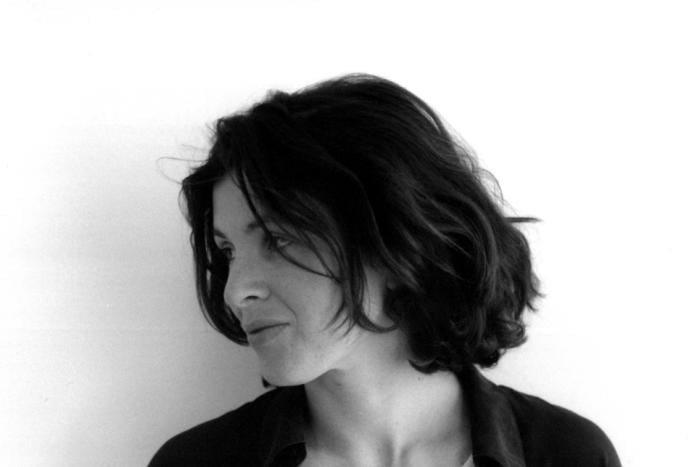It was the kind of sad realization befitting a grey weekend on which a storm loomed menacingly on each and every screen in view. But there we three old men sat, our coffee now cool, coming to grips with the idea that our time had passed. The Internet that we knew and loved seems, finally, to be on the wane.
Of course, none of us there were even yet in our forties. But this too was part of the epiphany: we young pioneers who had once eagerly blogged, Livejournaled, tweeted, and iPhoned were now the old guard. A new Internet generation has already arrived, one immersed in Reddit, memes, Pinterest, Instagram and who knows what else. It was hard not be reminded of the wisdom of Grandpa Simpson on such matters: “I used to be with it, but then they changed what it was. Now what I’m with isn’t it, and what’s it seems weird and scary.”
It’s true that, to the technophile, the rapid pace of change online has always just been part of the territory. How you feel about that has tended to relate to how well you can deal with and adapt to the transformations. For the past decade or so, it was relatively easy for the technologically literate to hop onto the newest fad—YouTube, Twitter, Tumblr—and not only join in, but often benefit from the shift. As a result, it often seemed as if the Internet belonged to us, the literate tech-nerds who had found an electronic home for writing, our art, our socializing and our ideas.
That wasn’t actually true, of course; it just felt that way. It was us, after all, in our youthful impetuousness, who had unendingly debated the singularity, the future of publishing, shifting notions of truth, or any other of the hundreds of ideas that accompanied the rise of the digital in our lives. It was we who were tasked with making sense of this new field, of explaining it to everyone else.
But with Sandy hovering off the Atlantic coast, it brought to mind the terms we use to describe this lightning-fast succession of e-culture. It’s the deluge of the new, the flood of information—the torrent of, well, torrents—that defines the nature of the online. It bellows and swells, endlessly churning out the latest thing. And if one stands in front of the storm for long enough, even the most seaworthy of digital citizens will eventually be overwhelmed.
Now, the castle I built in pixellated sand hasn’t been so much washed away, as submerged. What you might call the Internet of bloggers has, in the accelerated historical view of the web, already become old, supplanted by a web that doesn’t quite look the same. As a few of Canada’s major papers announced their plans to erect paywalls this week, it was a fitting reminder that digital ideals of freedom needed to be tempered by the realities of economics and journalism.
It’s not a solitary event, either. Twitter seems poised to shift from being an information network to a media company. The world seems to have already moved to smartphones and tablets, which are often better at consuming things than they are at creating them. We’re also seeing a renewed emphasis on emerging platforms like Medium, Svbtle, Circa and others, all of which signal that something about online publishing is about to change, mostly because something about it now isn’t quite working. Taken altogether, a new era of the Internet is about to rise, even if we don’t know exactly what that will mean.
While I’ve been writing this, the wind has started to pick up again here in Toronto, and the rain has been coming down for what feels like days, unending and relentless. I look out into the grey periodically, head popping up from behind the screen where a virtual community of millions has gathered around Sandy. This connectedness, quite the opposite of what the luddite doomsayers claim, is just one of this technology’s myriad delights and boons, and those benefits will only continue to expand as the digital divide continues to shrink.
Still, it’s hard to shake the feeling that in our digitally augmented lives, a storm is constantly looming—as if there’s a constant, rushing roar of wind, always threatening to lift the things we cling to and send them headlong into the air. The silly, very human feeling of being safe in something familiar is just a little bit harder to hold onto. It’s an oft-repeated sentiment, I suppose—one that will likely pass when the next exciting thing barrels along. Still: this incessant change sometimes makes one want to return to what one knows: perhaps with a laptop in a coffee shop, a blogging window open, hands wrapped around a drink to keep them warm, reminiscing on how it used to be.






